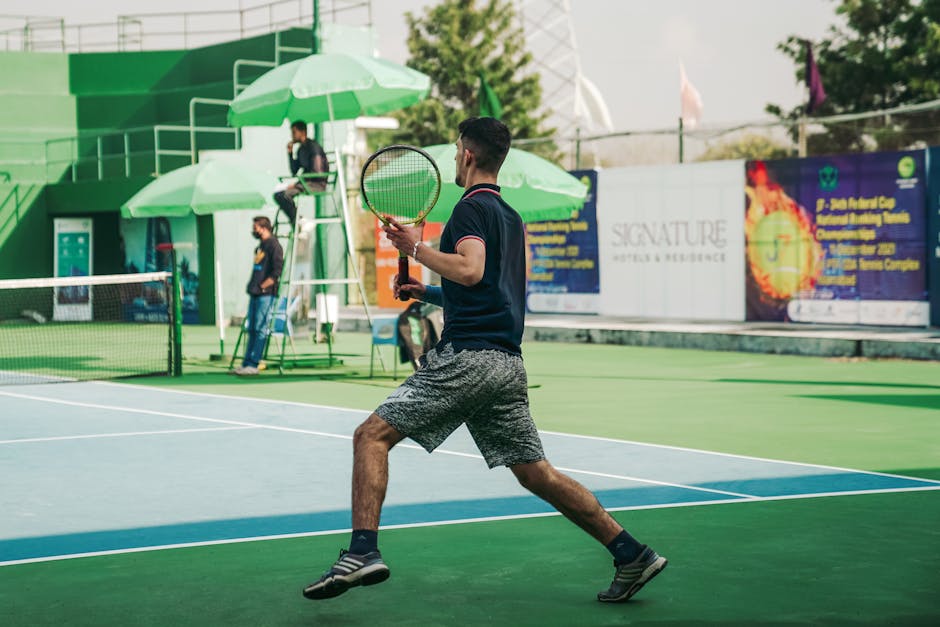A New Generation’s Fight for Dignity
In a world brimming with activism, it takes a special kind of courage to walk into a courtroom and sue your own government. It takes even more when the fight is about something society has spent centuries whispering about in shame: menstruation. Meet Mahnoor Omer, a 25-year-old lawyer from Islamabad, who is doing just that. Her constitutional petition filed in the Islamabad High Court has a demand as simple as it is revolutionary: declare sanitary pads and tampons as essential items and abolish the taxes on them.
What is Period Poverty in Pakistan?
Mahnoor Omer‘s legal action is a direct challenge to a deep-seated, crippling phenomenon known as ‘period poverty‘. For millions of women and girls across Pakistan, a monthly period is not just a biological reality but a recurring crisis. Menstrual hygiene products are taxed as if they are luxury goods, placing them financially out of reach for a vast segment of the population.
This isn’t just an anecdotal problem; the numbers are stark. A 2019 UNICEF report highlighted that a staggering 79% of Pakistani women and girls manage their periods in an unsafe and unhygienic manner simply because they cannot afford proper products.
The Devastating Cost of the “Tampon Tax”
When affordable pads are not an option, women are forced to resort to using old rags, newspapers, leaves, or even ash. The consequences of these unsanitary methods are devastating.
* Health Risks: They lead to a high risk of severe infections, including Urinary Tract Infections (UTIs) and Reproductive Tract Infections (RTIs), which can have long-term health implications.
* Educational Barriers: Girls across the country miss up to a week of school every single month because they lack the means to manage their periods with dignity and comfort. This educational gap widens over time, limiting their future opportunities and perpetuating a cycle of poverty.
* Economic Impact: Women are forced to miss work, impacting their financial independence and the household income. The stigma is a silent crisis, robbing them of their health, education, and dignity, one month at a time.
Mahnoor Omer’s Constitutional Challenge
At the heart of why 25-year-old Mahnoor Omer took Pakistan to court over periods is a powerful legal argument. Her petition contends that by taxing these essential products, the state is violating fundamental rights guaranteed by Pakistan‘s constitution. This includes the right to life, dignity, education, and health. She argues that forcing half the population to choose between food and basic hygiene is a failure of the state’s primary duty to its citizens.
A Familiar Fight: Echoes of India’s Victory
For many in the region, Mahnoor’s fight strikes a deeply familiar chord. India witnessed a similar battle just a few years ago. The ‘#LahuKaLagaan’ (Blood Tax) campaign swept the nation, protesting the 12% GST levied on sanitary napkins. Activists, celebrities, and citizens argued that a biological necessity could never be a luxury.
The sustained public pressure worked. In July 2018, the Indian government scrapped the tax, making sanitary pads GST-free. This victory serves as a powerful precedent and a beacon of hope for Mahnoor’s cause in Pakistan, proving that systemic change is possible.
A Landmark Moment for Women’s Rights
Mahnoor Omer has taken the conversation from social media hashtags directly into the hallowed halls of justice. Her petition is more than a legal document; it is a testament to a new generation of South Asian women unwilling to let shame and silence dictate their lives. The courtroom may be in Islamabad, but the echoes of her challenge are being heard across the subcontinent, reminding us all that menstrual health is a human right.




